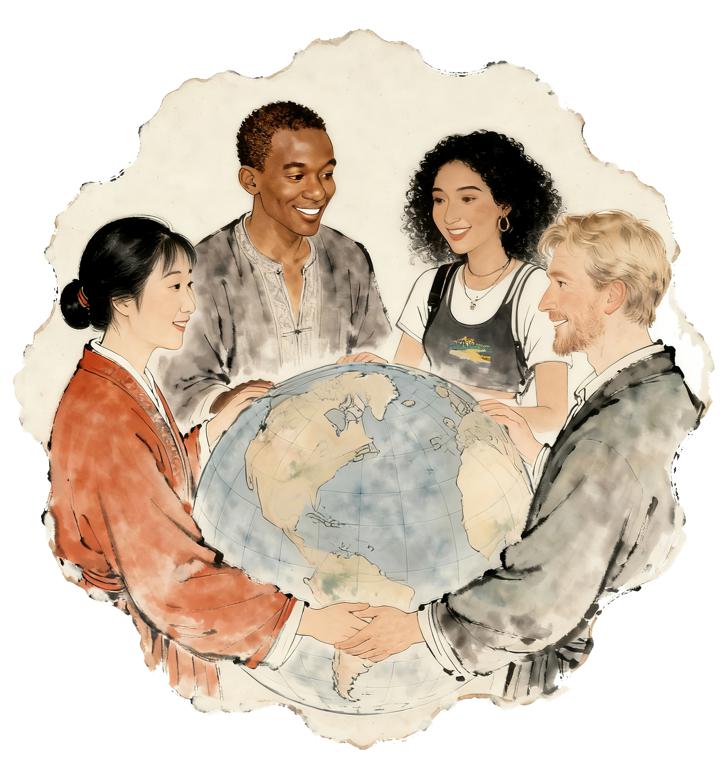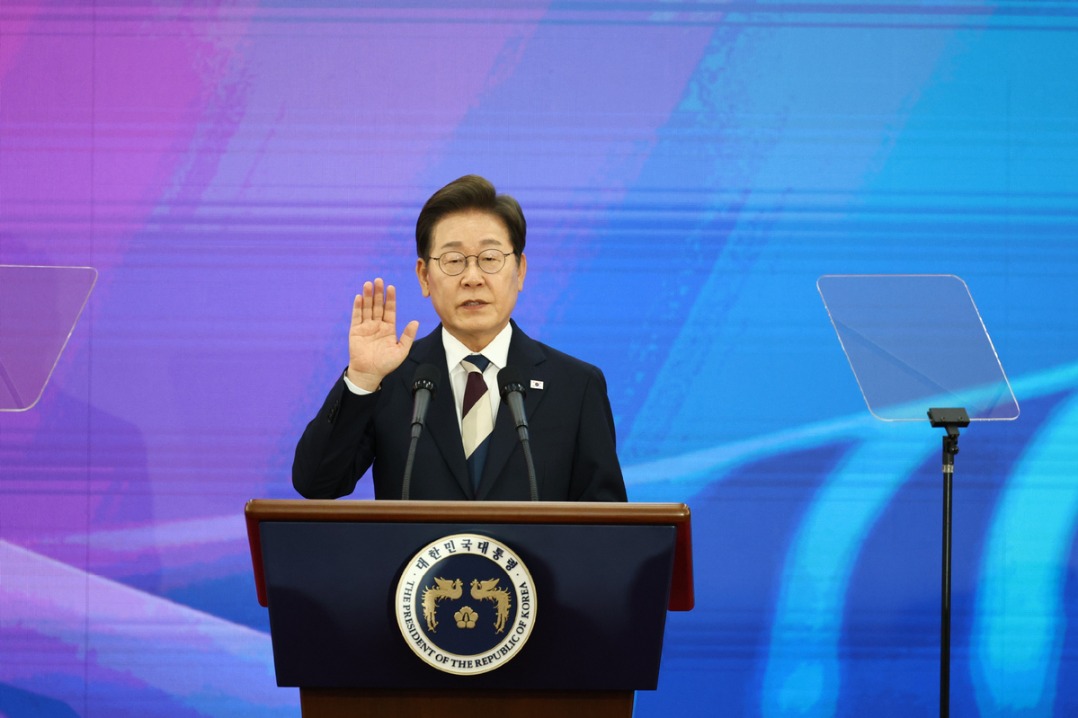China's Global Governance Initiative: Building cooperation in uncertain times


Coming at a crucial period, the Global Governance Initiative (GGI) is a significant and well-timed initiative with wide-ranging implications. Announced amidst a rapidly changing international landscape, it carries weight far beyond the SCO summit – touching on the future of international cooperation, the balance of global power, and the role of emerging voices in shaping global governance.
The GGI emerges as the global order shifts from unipolarity to multipolarity and deficit in global governance continues to widen. For decades, the Western-led international system advanced a "rules-based order" that often reflected Western dominance, rather than universal principles. In contrast, the GGI places multilateralism, inclusion, and international cooperation at its core, calling on countries to work together for a more just and equitable system.
Where the unipolar framework reinforced hierarchy, the GGI emphasizes sovereign equality and a framework firmly grounded in the UN Charter. Its five core concepts, rooted in the Charter, reflect the aspirations of most countries and resonate across the international community.
In this sense, the initiative represents an attempt not simply to adjust the system but to rebalance it in line with today's multipolar realities.
It also underscores the need for collective responses to the challenges of our time. Climate change, terrorism, transnational crime, large-scale conflict, economic volatility, and pandemics are threats that transcend borders. They are growing in scale and complexity, and no single country – no matter how large or powerful – can solve them alone.
The GGI stresses that these issues must not become new fault lines for rivalry but platforms for collaboration. It calls on nations to bridge differences, strengthen dialogue, and ensure that the benefits of scientific and technological progress, as well as environmental protection, are shared equitably.
In short, it frames global crises not as battlegrounds, but as opportunities for solidarity.
GGI also reflects China's growing role as a responsible global actor. In just a few decades, China has transformed from a poor, developing country into a global leader on multiple fronts. With that rise comes greater responsibility, and the GGI demonstrates Beijing's willingness to shoulder it – highlighting its determination to contribute ideas and resources to international governance. Like the three earlier initiatives, it is a public good offered by China to the world.
Collectively, the four initiatives are complementary, injecting positive energy into a world fraught with challenges and providing strategic support for building a community with a shared future for humanity. While often misrepresented in Western commentary, China is stepping into a stabilizing role, injecting predictability into an uncertain world.
It has supported development through initiatives across the Global South and is now the global leader in green energy investment, helping to accelerate the transition away from fossil fuels. The GGI extends this trajectory, underscoring China's broader effort to advance cooperation and shared progress in a time when many countries are retreating into unilateralism.
Equally significant, the GGI helps address the persistent underrepresentation of the Global South in global governance. The collective rise of emerging markets and developing countries demands stronger representation and the correction of historical imbalances.
For decades, the voices of these states were sidelined in institutions that claimed universality while serving narrow interests. The GGI directly speaks to this inequity. As the largest developing country, China's close ties to the Global South allow the initiative to offer both practical benefits and symbolic inspiration – giving voice to emerging powers that have long been marginalized.
In this sense, it is as much about empowerment as about governance.
Not to be overlooked, the GGI also gives new impetus to global development. With the implementation of the UN 2030 Agenda for Sustainable Development seriously lagging, the initiative provides fresh momentum by placing cooperation and solidarity at its core. It underscores that development is not merely a technical or economic issue, but a political one that requires fairness in how resources, technologies, and opportunities are distributed. By reinforcing the need for renewed commitment to shared progress, the GGI helps remind the world that addressing inequality is central to building stability.
Taken together, China's Global Governance Initiative is more than another policy proposal. It is a call to rethink how the world organizes itself at a time of deep transformation and uncertainty – anchoring cooperation, equity, and inclusion as the guiding principles of a truly multipolar era.
Dr. Fikresus Amahazion is a scholar and analyst based in East Africa. The views don't necessarily represent those of China Daily.
If you have a specific expertise, or would like to share your thought about our stories, then send us your writings at opinion@chinadaily.com.cn, and comment@chinadaily.com.cn.




































